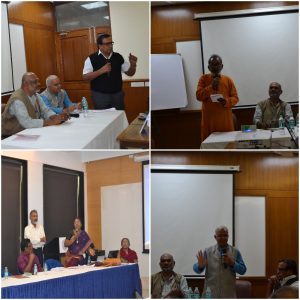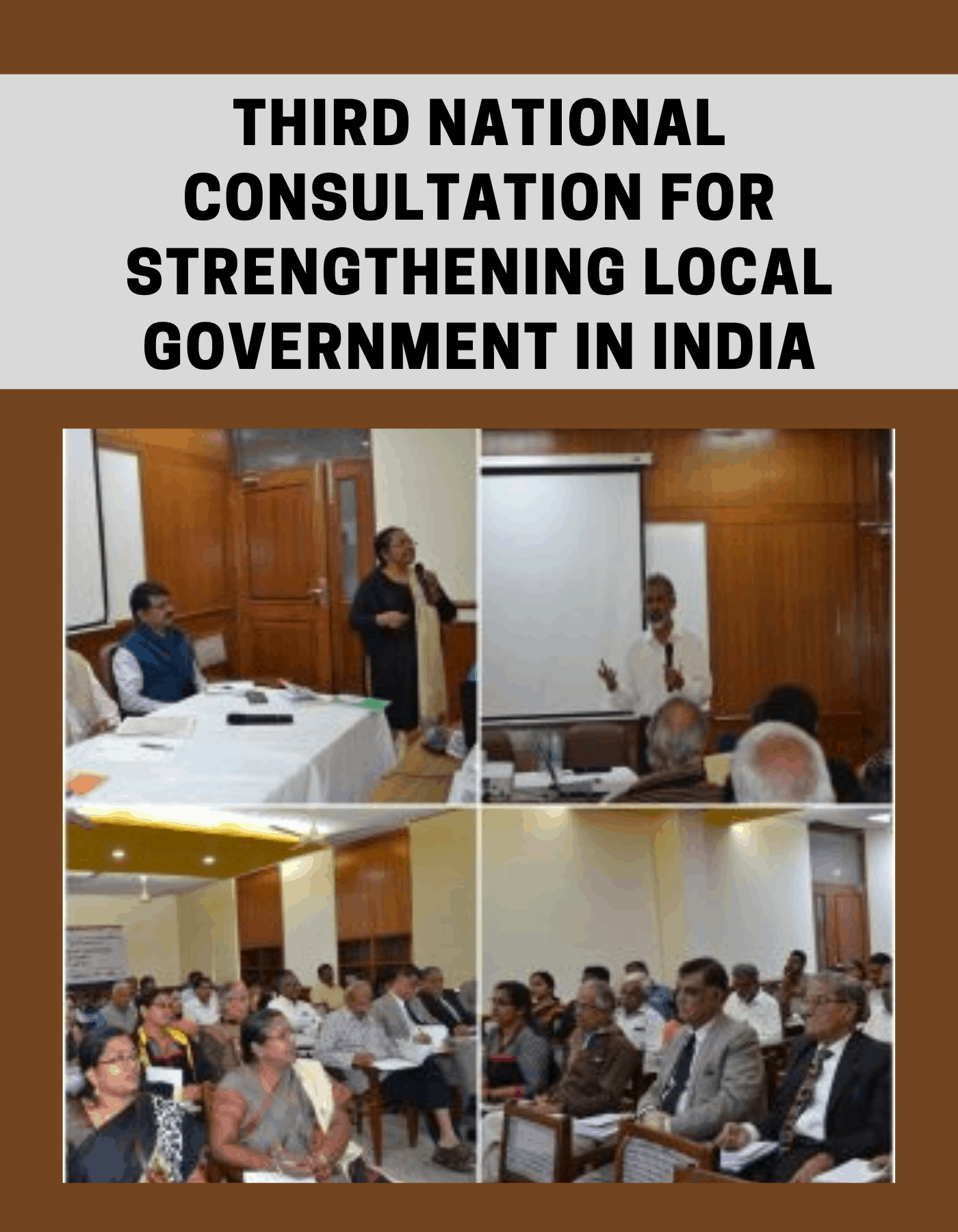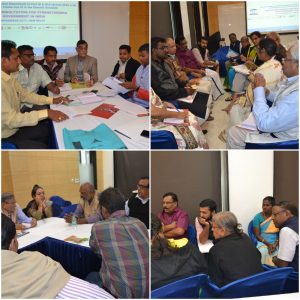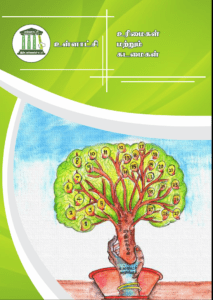22 – 23 November 2017, New Delhi

Introduction: The third two day national consultation to strengthen local government was organised at New Delhi on 22 and 23 November 2017 by the National Campaign for Constitutional Amendment to Part IX & IX-A (Article 243G & W) and Amendment to Create List IV in the Seventh Schedule (Local Government List). The objectives of the consultation were to:
- Share experiences, discuss challenges and opportunities facing local government (rural, urban and in scheduled areas) to arrive at a common understanding and perspective.
- Share best practices of working with the government and PRIs to strengthen grassroots democracy and local governance institutions (including village commons).
- Develop strategies to take forward the campaign for Constitutional Amendments and amendments to the State Panchayat Acts to ensure devolution of all 29 powers to the local government at the district, taluk and grama panchayat levels.

- Strengthen elected local government representatives,
- especially Schedule Castes, Schedule Tribes and women by discussing (i) problems faced by them (especially caste and gender based discrimination and those caused by non-devolution of financial and administrative responsibilities) (ii) necessary amendments in the State Panchayat Act and Rules to eradicate all forms of caste, class and gender discrimination.
- Recommend necessary amendments to the state governments for devolution of 29 powers to the state PRIs to strengthen grassroots democracy and local governance.
- Develop a time bound action plan for follow-up.
Participants: Fifty nine CEOs and senior staff from 42 civil society organisations, networks, academia, and state institutions from 20 states of India participated. There was participation from the Chhattisgarh State Planning Commission on both days. 12 national and state level networks participated namely Association of local Governance of India (ALGI), National Alliance of Women’s Organisations (NAWO), Mahila Rajsatta Andolan (MRA), National campaign for Dalit Human Rights (NCDHR), National Dalit Movement for Justice (NDMJ), Dalit Arthik Adhikar Andolan (DAAA), Grama Panchayat Hakkottaya Andolana, a state-wide forum of representatives of Local governments and Gram Sabha Members (GPHA), Dalit Dasta Virodhi Andolan (DDVA), Puducherry Panchayat Presidents’ Federation (PPPF), National Federation of Indian Women (NFIW), All India Union of Forest Working People (AIUFWP), Tamil Nadu Dalit Panchayat Presidents Federa

tion (TNDPPF), Tamil Nadu Federation of Women Panchayat Presidents of Panchayat Government (TNFWPPG). There were participants from National Law School of India University (NLUSI), Kerala Institute of Local Administration (KILA), Institute of Social Sciences (ISS), United Nations Development Programme (UNDP) and Caritas India.
Inaugural: The inaugural was chaired by Ms Annie Namala, Managing Trustee, HRF. Mr George Mathew, Chairperson, Institute of Social Sciences gave the inaugural address, outlining the challenges and opportunities for local government in the present context. Ms Gandhimathi, Advisor, Tamil Nadu Federation of Women Panchayat Presidents of Government (TNFWPPG) briefed the participants on the process in Tamil Nadu that gave rise to the campaign, and Mr Rameshnathan, General Secretary, NDMJ-NCDHR, spoke about the history of the campaign from its launch to the present.
Deliberations: The two day consultation was designed to share the perspectives on implementation from those had been with the civil service, and the experience in local government (rural, urban and scheduled areas) by civil society. There were presentations from socially excluded communities and the experiences of different states.





